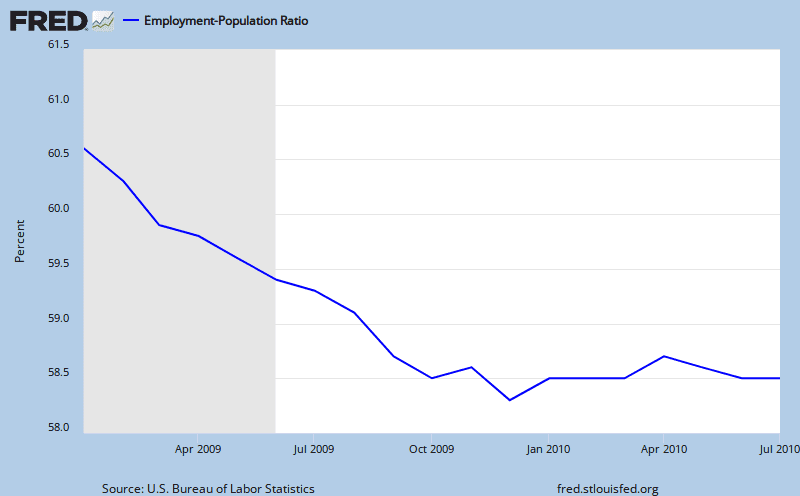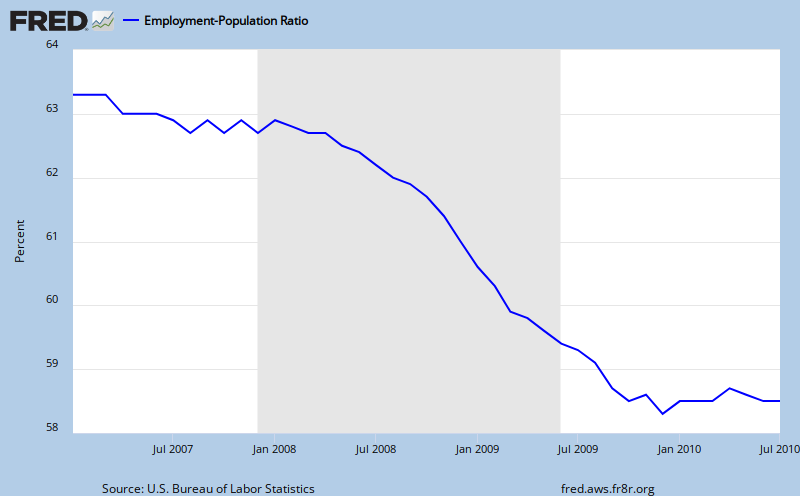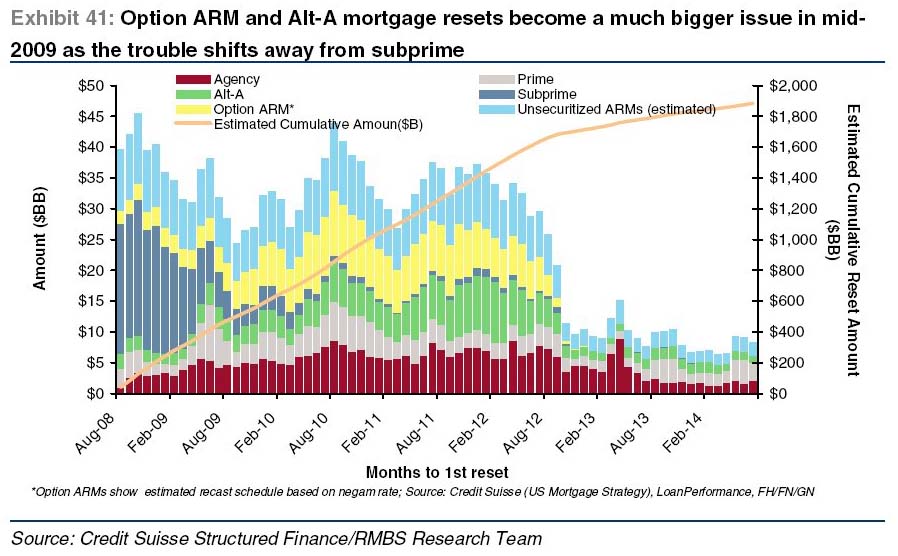Toro
Diamond Member
... is coming.
Or something close to it.
I think there is a fairly high chance that the economy with contract some time in the second half of the year. It may be happening now.
Or something close to it.
I think there is a fairly high chance that the economy with contract some time in the second half of the year. It may be happening now.



